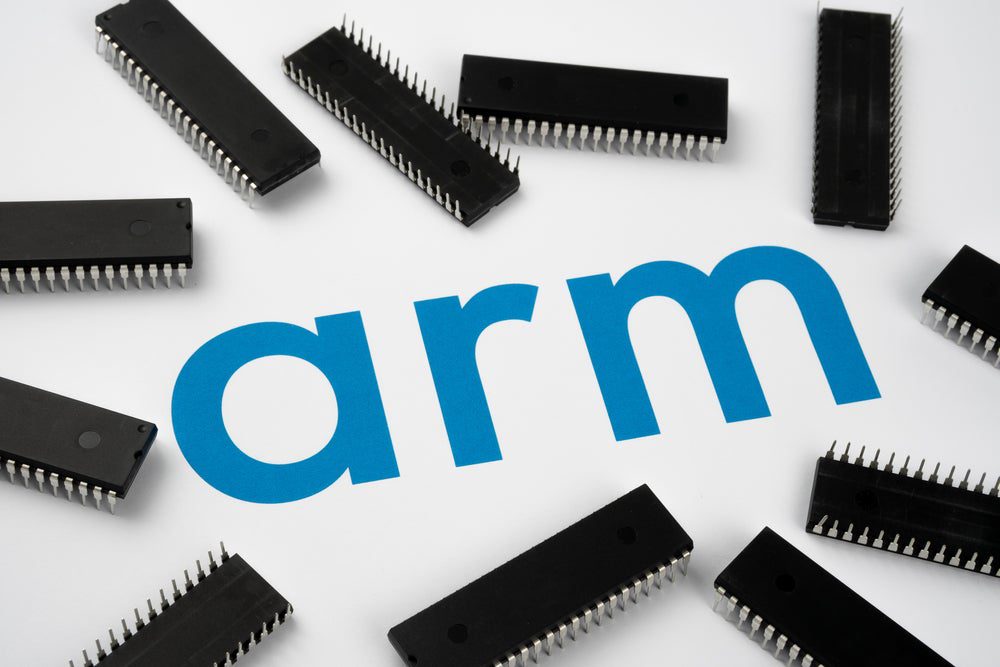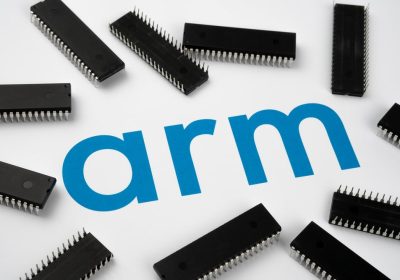
Arm is working on its own advanced chip. Insiders report this to the Financial Times. The chip would serve as a showcase for its architecture. The company would have no plans to sell or license its chip.
According to the Financial Times, Arm has set up a new solutions engineering team. This team is led by former Qualcomm CEO Kevork Kechichian and must develop prototype chips for smartphones and laptops, among other things. The chip would be intended to demonstrate the capabilities of Arms products in order to attract new customers. Arm did not respond to questions from the newspaper.
According to the FT, Arm started working on the chip six months ago. Sources claim that the chip is “more advanced” than previous test chips the company made, but do not go into detail about the chip itself. The company would not plan to sell or license the chip to customers. The British chip company traditionally licenses core designs and its instruction set architecture, on which companies can base their own chips. Arms architecture is used by Apple, MediaTek and Qualcomm, among others.
The FT already claimed last month that Arm plans to make its chip designs more expensive in the run-up to the IPO. The company would no longer want to charge royalties based on the value of the chip design used. Instead, royalties would be based on the value of the device in which the chip is used. The chip company recently said that the “significant concentration” in its customer base is a major risk for the company. The company’s top 20 customers accounted for 86 percent of Arms sales.
The alleged chip is being developed in the run-up to Arms’ IPO later this year. Arm wants to do that on New York’s Nasdaq, after its intended acquisition by Nvidia fell through . Reuters sources previously said that Arm wants to raise at least $8 billion with this. Current owner SoftBank is expected to retain a majority stake in Arm after the IPO.











